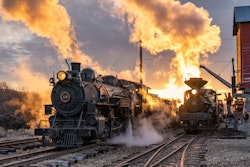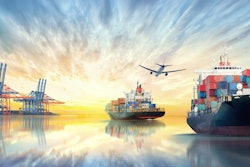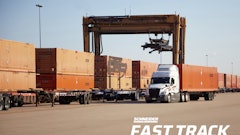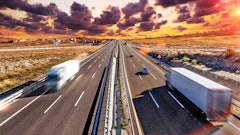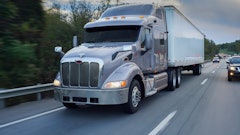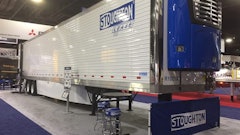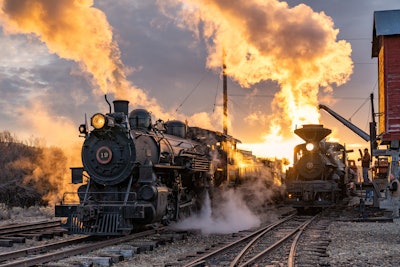
One of the simplest ways to address transportation challenges is reinvesting in freight railroads. Railroads that connect all parts of a country can solve the challenges such as ever-increasing traffic congestion and rapid urbanizations. Freight railroads are also a vital part of a country’s economical and infrastructural growth. Thus, the global rail logistics market would witness remarkable growth in the future, according to Allied Market Research.
Since the emergence of rails in the 17th century, the rail industry has been a backbone for a country’s transportation needs. Despite the increased popularity of air and sea freight, the rail industry continued to boom. Now, digitization has entered the rail logistics market, and soon, the world would witness autonomous trains running, connecting major parts of the world.
The importance of freight railroads heightened during the Coronavirus disease (COVID-19) pandemic. While air and sea freight services are suffering from a major loss, a country’s transportation solely depended on rails. For instance, when COVID-19 made its presence throughout Europe, the country’s rail freight services were fully functional and on schedule despite the restriction in passenger transport.
The future of rail logistics
It is no secret that the demand for rail freight has witnessed a downfall. However, the picture of global logistics is changing and rail logistics would make a major comeback. The deployment of new transportation modes, gas emission, aging generation of drivers and shift in the logistics industry are the prime concerns for several logistics professionals. The use of rail transportation for shipment would solve most of the issues.
Apart from this, the advent of several technologies is at the heart of the development of rail logistics. Thanks to advancements in automation and big data, driverless trains would hit the railroads in the near future. The driverless trains would solve the major challenge of human labor as well as human error to make the rail shipment even safer.
The most obvious reason for the adoption of rail logistics over trucking is less carbon emission into the environment. Rail transportation is less harmful to the environment and it can handle a high volume of freight than trucks without causing traffic congestion. Moreover, with the launch of faster trains and automation, the carbon emission would be fewer.
Currently, the trucking industry is struggling with the source of fuel and is willing to experiment with alternative fuel options. What’s more, some automakers are developing fully electric trucks while others are experimenting with the integration of hydrogen fuel cells in hybrid trucks.
On the contrary, fuel-efficient rail technology has entered Europe, which would reduce the demand for trucking. The future generations of the locomotive would be more fuel-efficient. Moreover, the advent of the hybrid locomotive and locomotive electrification would open new doors for the rail freight industry.
However, the future of rail logistics depends on how it responds to rising demand for international transportation and increasing pressure from competing transport modes. The need for faster transport and flexibility often favor car ownership and air freight services. Strategic investments and the launch of long-hour locomotives would increase the adoption of rail freight transport.
Parting thoughts
The future of rail logistics depends on maximizing revenue from rail systems, minimizing cost/person-kilometer and developing required infrastructure and contingency plans in case of adverse conditions. The energy demand for transport is bound to increase, and thus, the price for international transport would rise. In such a condition, companies could opt for rail for the nationwide transport of goods and essentials. On the other hand, the COVID-19 pandemic has shown that air and sea freight services are susceptible to such a global crisis. Rail freight services can continue despite adverse conditions. Investing in rail logistics may seem like a back-to-basics idea. Given the increased global pollution and colossal energy consumption, investment in rail logistics is exactly what the world needs.





